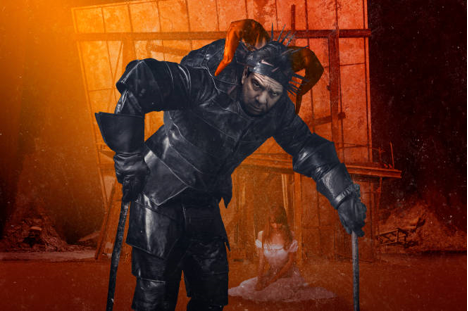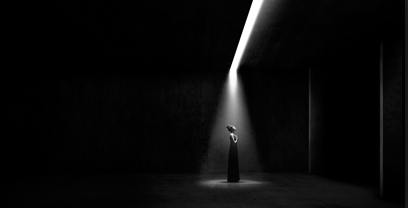Verdi’s Luisa Miller opened in Naples at the end of 1849. It was his fifteenth opera and regarded as the beginning of his middle period. Based on Schiller’s play Intrigue and Love it never has had the popularity of some of Verdi’s other works and indeed its UK debut at Her Majesty’s Theatre in London was not until nearly 10 years after its premiere.
Welcome to Opera Spy
Here, I post my reviews and document my love of opera. I hope you enjoy it. Please feel free to comment on any of my posts or contact me if you wish to.
Have a nice stay!
David Buchler














